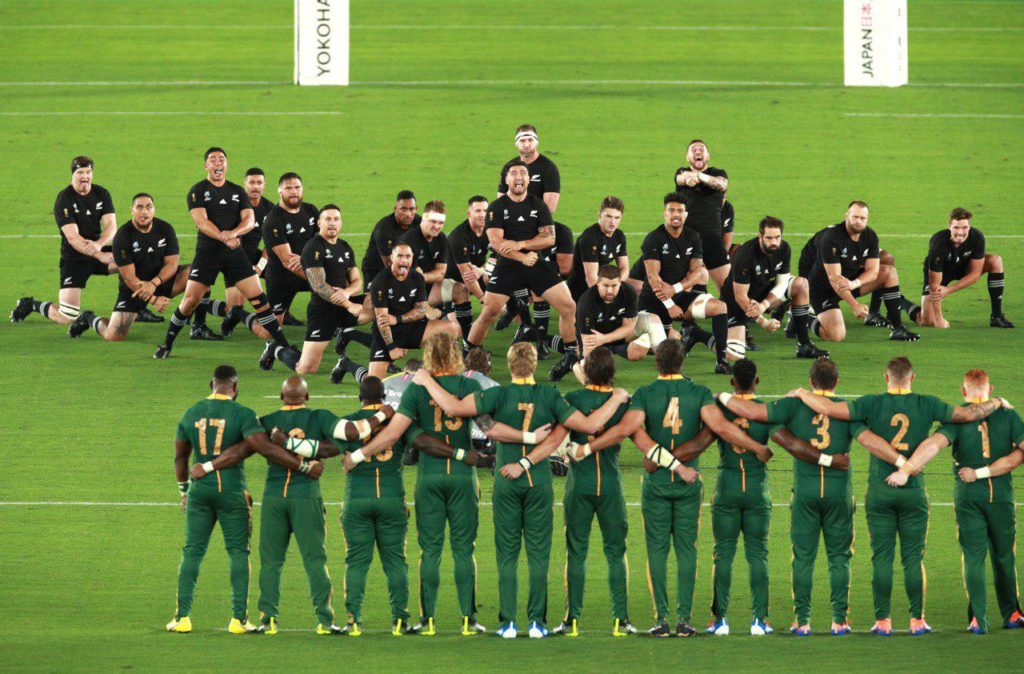Football’s recent brush with the prospect of a breakaway league that would have shredded the hierarchy of that sport served Test rugby a timely reminder of the perils of professionalism, writes ZELIM NEL.
It’s not great to think of the English Premier League ever losing the likes of Chelsea, Liverpool, Tottenham, Arsenal and the two Manchester giants.
These storied clubs, each founded in the final quarter of the 19th century, have exploded into global brands during the first three decades of the world’s most revered football league.
This past Sunday, they teamed up with clubs from Spain and Italy threatening a breakaway from the Uefa Champions League to form a Super League, a move they have since reversed due to the backlash.
While the divorce would have been very messy, the only thing surprising about the development is that it caught football stakeholders by surprise.
It’s naive to think that professional football will indefinitely operate within the confines of its current format. This is the downside of professional sport that the ‘dinosaurs’ of the amateur era warned us against – it is always looking for the shortest route to the most money.
Why would the billionaires who own some of these clubs continue to share with lower-tier teams the spoils of a league they’ve built into a global product?
Consider that Man United will this season pay their goalkeepers £10 million more in salaries than Sheffield United are paying their entire squad.
For owners with grand designs, Sheffield United are a liability diluting the quality of the English Premier League. To fans, the Blades are cherished as one of only four clubs to have finished as champions of each of the top-four tiers of the English football league.
This showcases the difference between the poetic tradition of an amateur sport and the ruthless, spreadsheet-driven world of professionalism.
English football wasn’t suddenly thrown into the mudslide of global expansion; it gradually lost its footing beginning with an ‘open-minded’ concession on foreign players. In the late 1970s an EU decision removed any barrier to foreigners playing in the English leagues and by 2005 Arsene Wenger was fielding an Arsenal XI devoid of a single English player. The rest is history.
Rugby should take heed. If you think this could never happen to the 15-man game, it already has.
Like football, rugby has fallen for the sob stories of amazing prospects who can’t get a game for their country of birth and want to represent another Test nation. In fact, in 2021 we’ve got capped internationals complaining they’re not allowed to represent a second nation.
Make no mistake: without the integrity created by hard lines on nationality, Test rugby is a farce. When half of a national team was born in another country, the reason for Test rugby ceases to exist. The process that leads to half the team being foreign starts with a concession on one player.
Faux national teams are effectively clubs, except that clubs are much more agile because they don’t have to answer to the same levels of bureaucracy while keeping up the pretence that they’re a team representing a country.
Largely independent, self-sustaining, cash-flush, privately owned clubs will always win a marketing battle against national teams because they can potentially field the best 15 players in the world.
Test rugby’s trump card is history, tradition and the high stakes that come with representing a country, all of which are eroded when foreigners infiltrate the playing ranks.
At the 2019 Rugby World Cup, the England squad had six foreign-born players, Scotland had 14, Samoa 17 and Tonga 19. CJ Stander, Jean Kleyn (both SA), Luke McGrath (Canada), Joey Carbery and Bundee Aki (both NZ) turned out for Ireland.
Rugby was launched into professionalism by media mogul Rupert Murdoch and the game today is ripe for the picking by a similar high roller with the vision and financial clout to launch a global club league that presents a challenge to the throne.
The only way Test rugby remains king is by protecting the one thing money can’t buy – where you were born.




